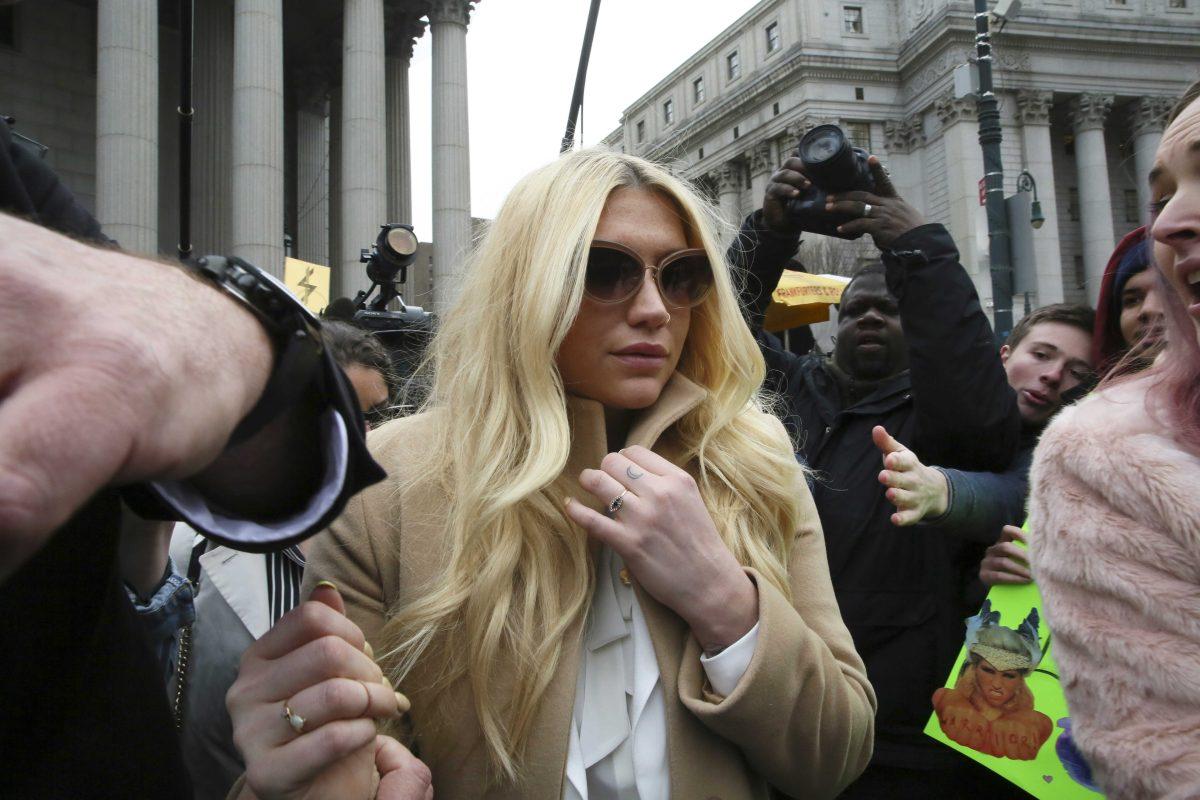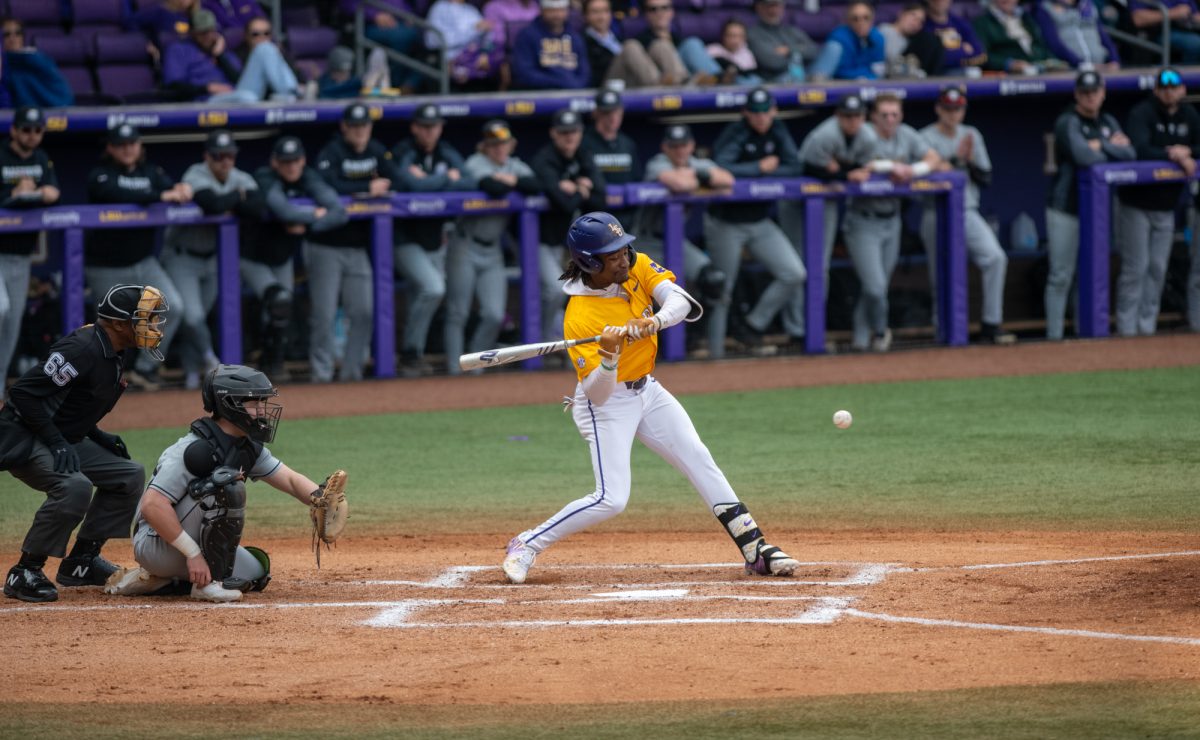If survivors of sexual violence learn by example, then after Kesha’s court verdict, it is apparent that seeking justice for one’s perpetrator will result in nothing but shame and humiliation.
Kesha Rose Sebert, formerly known by her stage name, “Ke$ha,” filed a lawsuit against her record producer, Lukasz “Dr. Luke” Gottwald, in October 2014. In the lawsuit, Kesha states Dr. Luke “sexually, physically, verbally and emotionally abused” her to the point where her life was endangered for the past decade that she had worked with him.
The singer said that at age 18, Dr. Luke gave her a date rape drug at a party the two attended together and sexually assaulted her. Kesha said she woke up the next morning disoriented but aware she had been violated.
The artist states other attacks by the producer, including a physical attack at his Malibu home.
A Daily Mail article from 2014 details a segment of the lawsuit, including this attack.
“‘Dr. Luke attacked Ms. Sebert with these threats, screaming and violently thrashing his arms at her,’ the lawsuit states. ‘He physically backed Ms. Sebert into a corner, where she curled up into a ball, crying and fearing for her life.’”
Dr. Luke produced 37 top ten singles for Kemosabe Records, a label owned by Sony Music. Kesha signed her contract with Kemosabe Records at 18, and she is now 28. Dr. Luke exercised creative control over most of
Kesha’s music, and he is the brains behind the singer’s 2010 hits “Tik Tok” and “We R Who We R.”
In the Feb. 19 verdict, New York Supreme Court Justice Shirley Kornreich denied Kesha’s request for a preliminary injunction. The injunction would have permitted Kesha to record music outside of her Sony contract, but with Kornreich’s ruling, the musician is contractually obligated to produce six more albums with Sony.
Kornreich said Kesha’s injunction would require the court to “decimate a contract that was heavily negotiated and typical for the industry.”
Sony offered for her to work with another producer, but Kesha refused on the grounds that the label would not promote her music as heavily if made with someone other than Dr. Luke.
The company stands behind Dr. Luke. He makes the label more money than Kesha, while she is disposable to them.
Dr. Lukefiled his own countersuit, claiming Kesha was crying rape to get out of her recording contract with Sony. The defense is representing the case as a “he said, she said” narrative.
Kesha’s verdict is a prime example of rape culture in America, where victims are portrayed as unreliable and untruthful, and perpetrators face no consequences for their actions. The victim is socially shamed and held accountable for the offense, rather than their abuser.
Incidents like Kesha’s show why victims of sexual violence don’t come forward and 68 percent of sexual assaults go unreported annually according to the Rape, Abuse and Incest National Network. 98 percent of rapists will never see the inside of a cell, according to RAINN.
The justice system completely dismissed Kesha and refused to take her seriously. The verdict sends the wrong message to other victims and reveals the nation’s problematic standards for sexual assault.
Although Kesha didn’t report Dr. Luke until after the fact, it’s not abnormal for survivors to wait years before discussing their experience. Pursuing reparations means reliving the traumatic event time and time again, and victims fear their integrity will be doubted.
Kesha was barely 18 when she was violated by a man much older than her in a position of power.
He controlled her success and career, and he knowingly used her youth and naivety against her. She was just getting her start in the music industry, and this man could take it all away in an instant. She shouldn’t be judged for not knowing what immediate action to take.
Having to work alongside her abuser is degrading and six albums is an extensive contract to fulfill. Kesha doesn’t want Dr. Luke incarcerated. She just doesn’t want her music to be associated with him.
A social media campaign to “#FreeKesha” is trending on multiple social media platforms as fans voice their displeasure with Sony and Dr. Luke. Kesha is also receiving support from several other musicians, including Lady Gaga, Miley Cyrus, Lorde, Kelly Clarkson and Ariana Grande. Taylor Swift donated $250,000 on Feb. 21 to the musician.
We need to stand in solidarity with Kesha. The court’s decision is an injustice and discredit to her as an artist, and it undermines her experience as a victim of mental, physical and sexual assault.
No progress can be made combatting sexual violence if the justice system doesn’t even recognize the validity of victims’ experiences.
Lauren Heffker is a 19-year-old mass communication freshman from Mandeville, Louisiana. You can reach her on Twitter at @laurheffker.
OPINION: Kesha’s court decision shows shortcomings of justice system
February 22, 2016
Pop star Kesha leaves Supreme court in New York, Friday, Feb. 19, 2016. Kesha is fighting to wrest her career away from a hitmaker she says drugged, sexually abused and psychologically tormented her _ and still has exclusive rights to make records with her. Producer Dr. Luke says the singer is slinging falsehoods and ruining his reputation to try to weasel out of her recording contract and strike a new deal. (AP Photo/Mary Altaffer)
More to Discover











